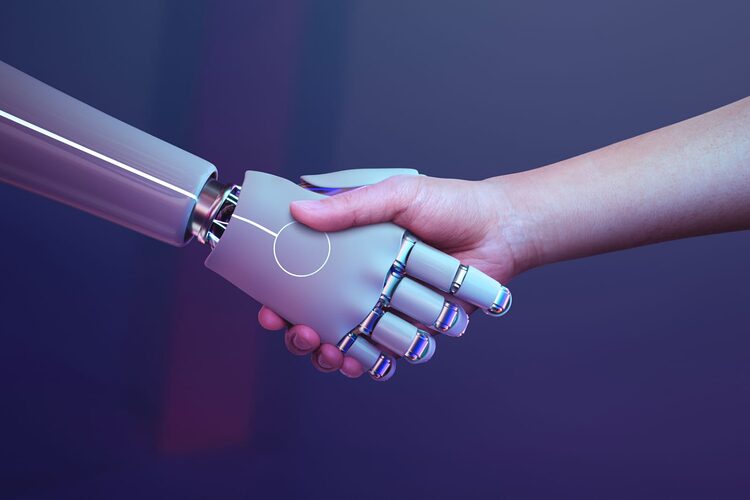Generative artificial intelligence (AI) and other foundational models are changing the game, taking assistive technology to a whole new level, reducing application development time, and putting powerful capabilities within the reach of non-technical users.
ChatGPT For example, it is a prototype of artificial intelligence, which allows the creation of original content by learning from existing data, it has the power to revolutionize industries and transform the way companies operate.
This is clear from the report prepared by the McKinsey Company which adds that, until recently, interaction activities such as customer service have been exposed to relatively uncomplicated technological interventions and that generative AI is destined to change that reality, addressing the tasks of interaction in a very similar way to human behavior, with imperceptible differences in some cases.
However, it should be noted that this does not mean that these tools should work without human intervention, since they are often more powerful in combination with humans, enhancing their capabilities and helping them to do their job better and faster.
“Generative AI is also driving advances into a realm once thought to be reserved for the human mind: creativity. This technology uses your inputs (ingested data and user instructions) and experiences (interactions with people who help you learn new information and discern what is correct and what is not) to produce completely new content”, adds Michael Chui, Partner at McKinsey Global Institute.
Chiu adds that beyond the foreseeable debate about whether this equates to true creativity, most will agree that these tools will help stimulate the imagination in countless areas by giving humans new ideas to develop.
Even though these models are in their initial scaling phase, a first wave of applications in different functions has already begun to be observed. In this line, McKinsey compiles the main AI functionalities for the different company departments:
- Marketing and Sales: Creation of custom marketing, social media, and technical sales content (including text, images, and video); create attendees aligned with specific businesses, such as retail
- Project generation: generation of task lists for the efficient execution of a given activity
- IT/engineering: writing, documenting, and reviewing code
- Risk Management and Legal Department: answering complex questions, extracting large amounts of legal documentation and writing and reviewing annual reports.
- R&D: accelerating drug discovery through a better understanding of diseases and the discovery of chemical structures.
The innovations that generative AI could unleash in companies of all sizes and levels of technology competency are truly exciting. However, executives need to stay very aware of the risks posed by this nascent phase of technology development.
To do this, according to the report, it is important to encourage innovation throughout the organization, establishing alert mechanisms and safe environments for experimentation, some of which are already available in the cloud.
The progress of generative AI predicts a year full of novelties in this field. But as with any new technology, it is important for entrepreneurs to be very attentive to the associated practical and ethical challenges, as well as to quickly identify the sectors of their companies where the technology could have an immediate impact and put in place mechanisms to monitor it, given the prospect of a predictably accelerated evolution.












